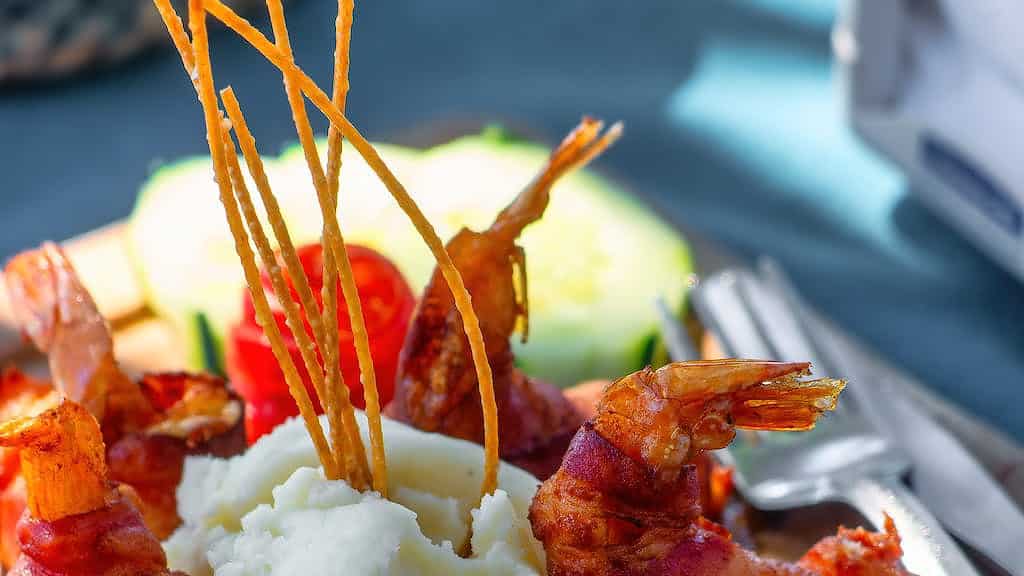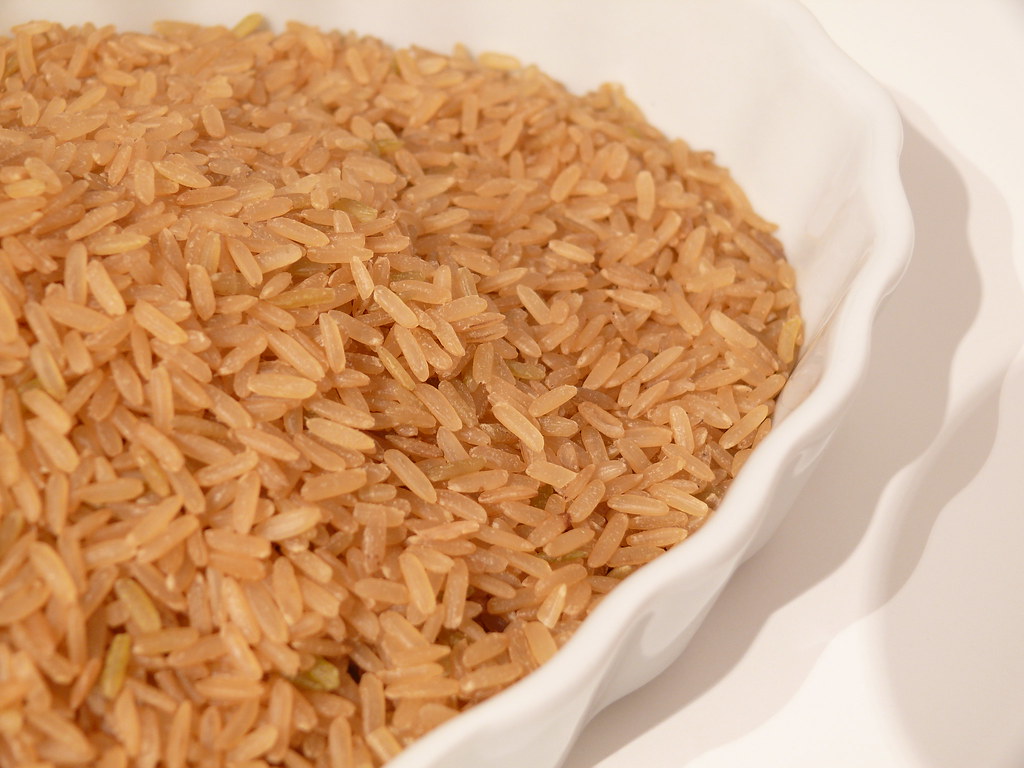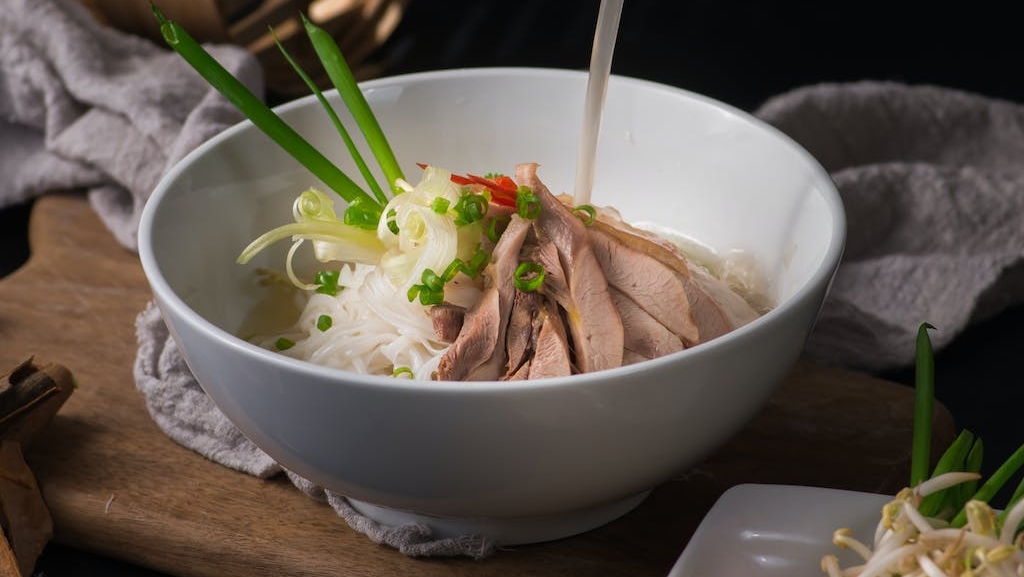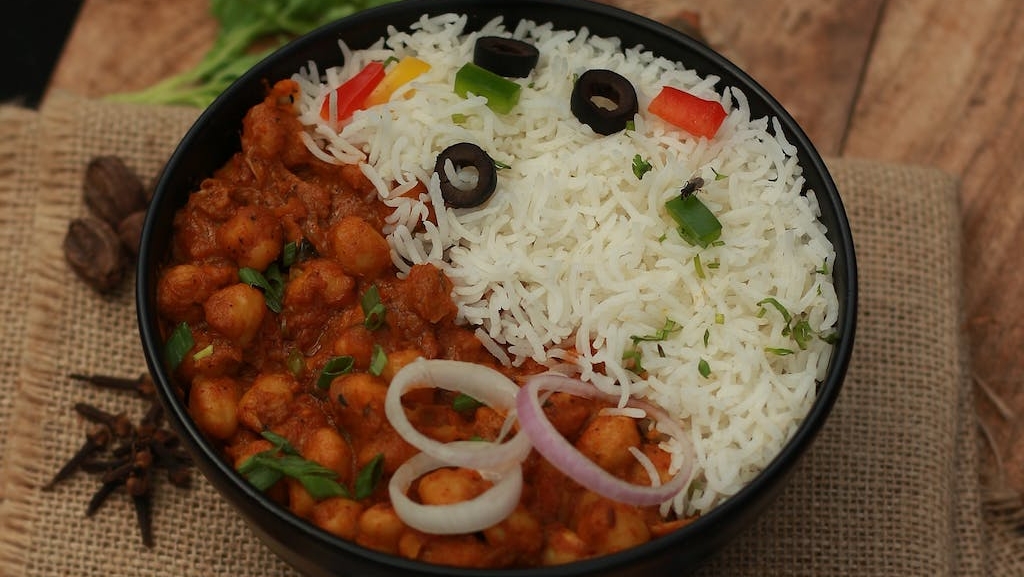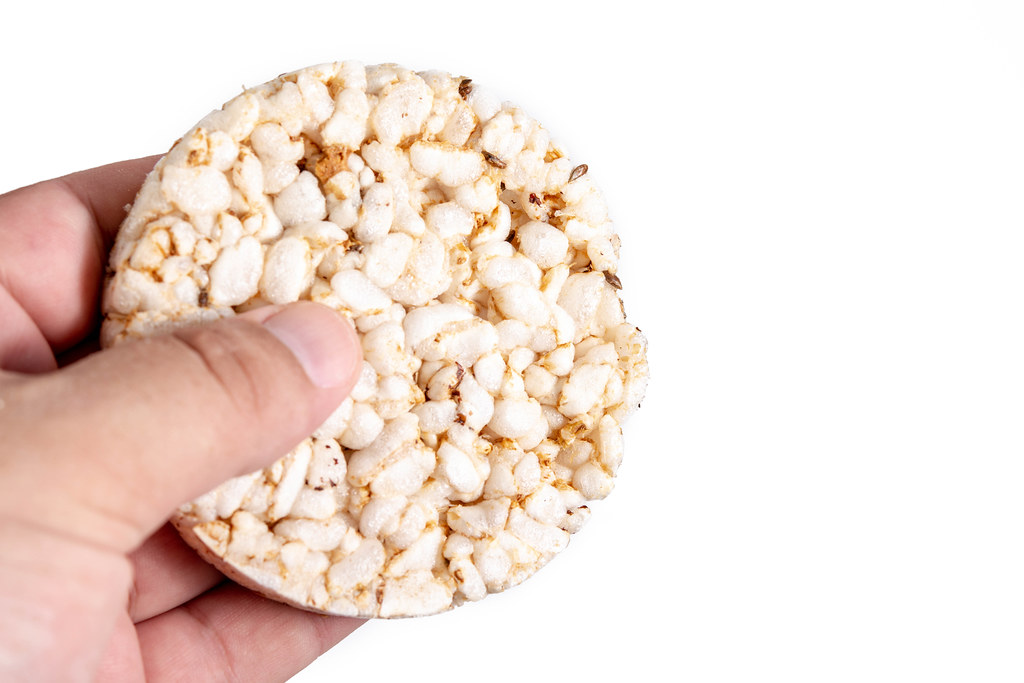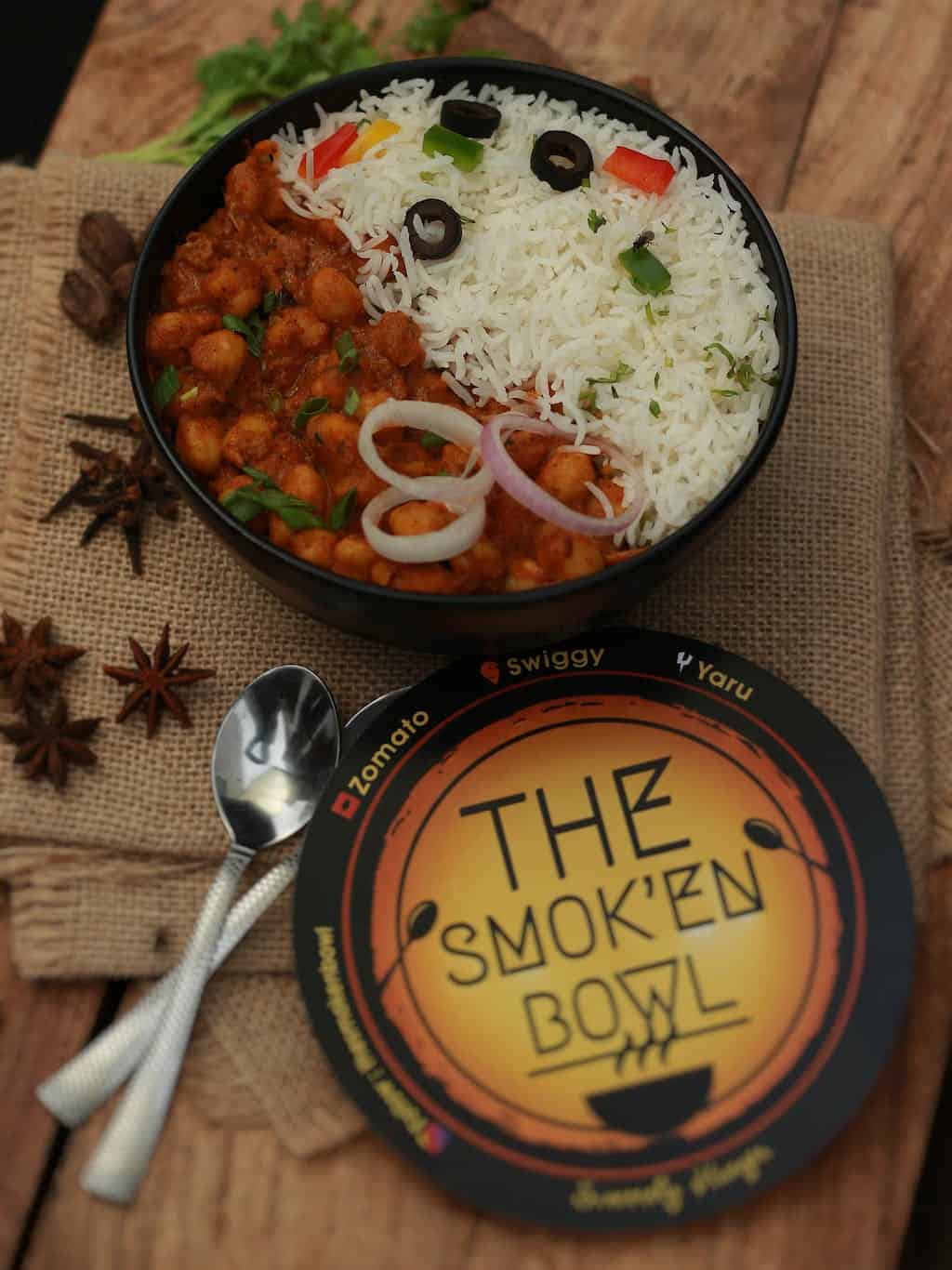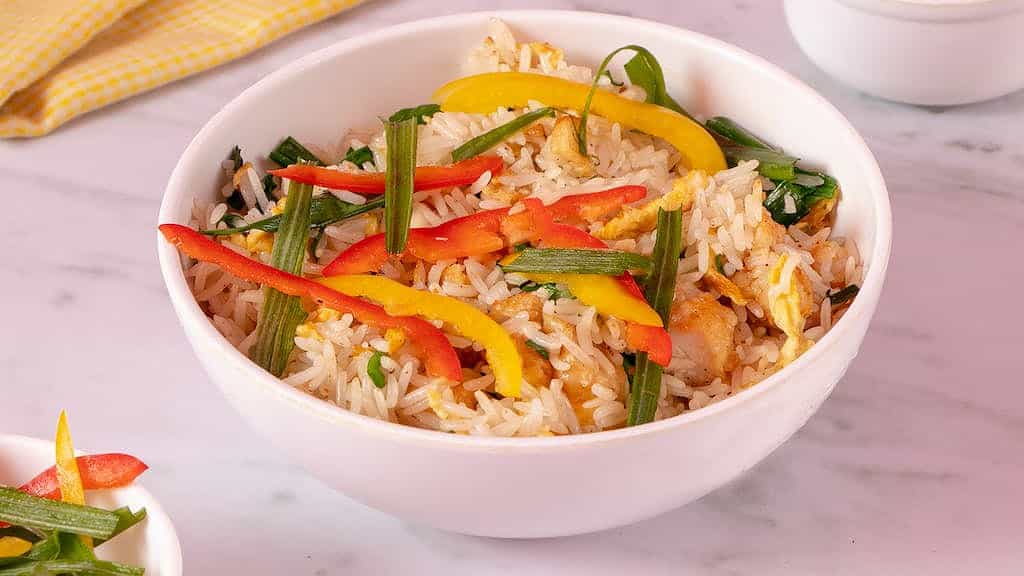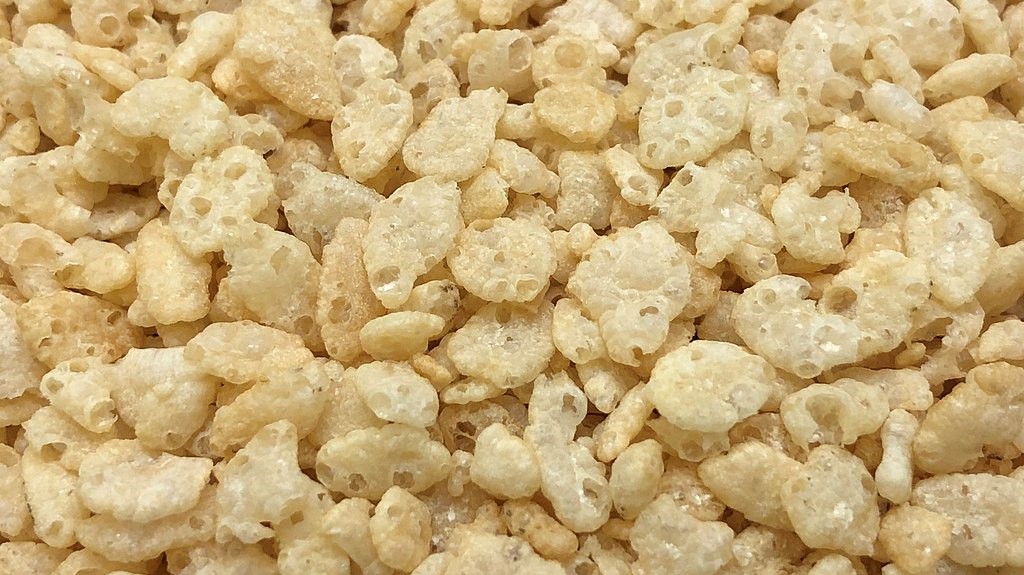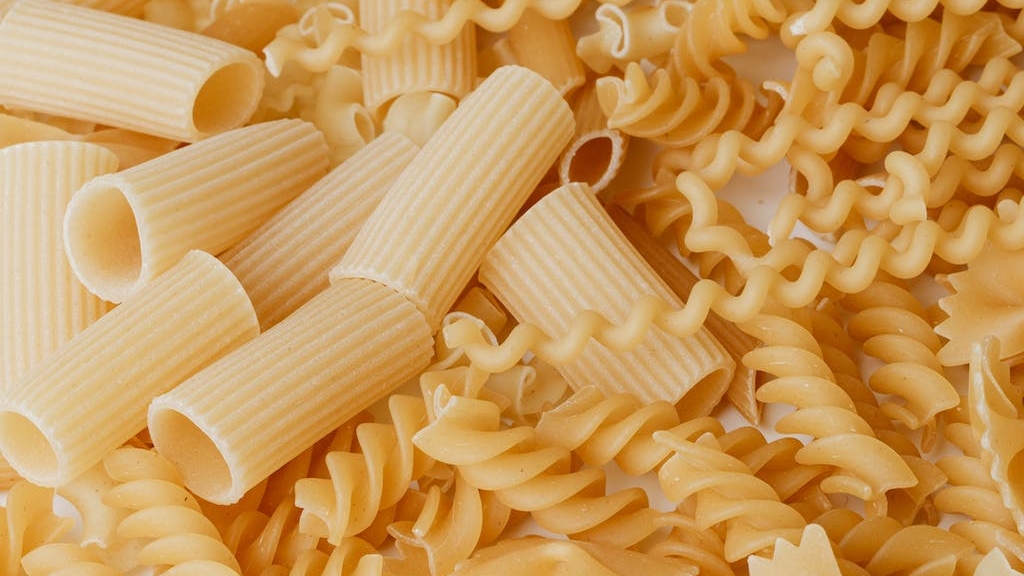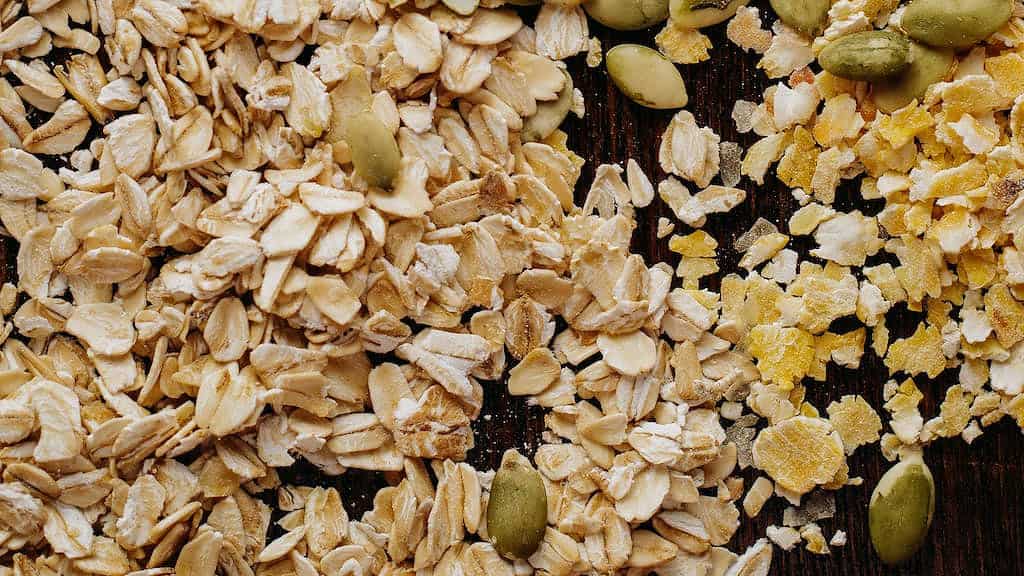Key Takeaways
- Dogs can safely eat parboiled rice as part of a balanced diet.
- Parboiled rice is a type of rice that undergoes a steam and drying process before milling, which helps retain nutrients.
- It is essential to cook parboiled rice thoroughly and avoid adding seasoning or harmful additives before serving it to dogs.
- Parboiled rice can be a good source of carbohydrates for dogs, providing energy and aiding digestion.
- Remember to consult with a veterinarian before introducing any new food to your dog’s diet, including parboiled rice.
- While parboiled rice is generally safe for dogs, it should not replace their primary diet or cause nutritional imbalances.
Summary
Can dogs eat parboiled rice? Yes, dogs can eat parboiled rice, but there are a few things to consider. This article delves into the benefits and potential drawbacks of feeding parboiled rice to dogs. It explores the nutritional value of parboiled rice, its digestibility, and provides tips on how to prepare it for your furry friend. Discover whether parboiled rice is a suitable addition to your dog’s diet and gain valuable insights on their overall health and well-being.

Is parboiled rice safe for dogs?
Yes, parboiled rice is safe for dogs to eat as long as it is cooked properly and served in moderation. Parboiled rice undergoes a steam-pressure process that helps retain more nutrients compared to regular white rice. It is highly digestible and can be a good source of energy for dogs, especially those with sensitive stomachs or digestive issues.
However, when feeding parboiled rice to your dog, it’s important to avoid adding any seasonings, oils, or spices that may cause digestive upset or other health complications. Plain and unseasoned parboiled rice is the best option for your furry friend, providing them with a healthy carbohydrate source.
Benefits of feeding parboiled rice to dogs
Parboiled rice can offer several health benefits to dogs. It is easier to digest compared to raw rice, making it suitable for canines with dietary sensitivities or gastrointestinal problems. The steam-pressure process during parboiling also helps retain more nutrients, including vitamins and minerals, which can contribute to your dog’s overall well-being.
Additionally, parboiled rice can aid in regulating bowel movements and improving digestion in dogs. It acts as a good source of energy and can support active and healthy lifestyles. It can also be a great option for dogs on a bland diet during times of stomach upset or recovery from certain illnesses.
Possible drawbacks of feeding parboiled rice to dogs
While parboiled rice is generally safe for dogs, it is important to note that it is still a source of carbohydrates. Feeding excessive amounts of parboiled rice can lead to weight gain and obesity, especially if your dog has a sedentary lifestyle or a predisposition to weight-related issues.
It’s also crucial to monitor your dog’s individual tolerance to parboiled rice. Some dogs may experience mild digestive issues, such as gas or loose stools, if they consume large quantities. If you notice any adverse reactions, it’s advisable to reduce or eliminate parboiled rice from their diet and consult with a veterinarian if the problems persist.
How to prepare parboiled rice for dogs
Preparing parboiled rice for your dog is relatively simple. Start by rinsing the rice thoroughly to remove any dirt, debris, or excess starch. Then, place the rice in a pot with water, using a ratio of 1:2 (one cup of rice to two cups of water). Bring the water to a boil, cover the pot, and simmer on low heat for approximately 20-25 minutes until the rice is cooked and tender.
Once the parboiled rice is cooked, let it cool down before serving it to your dog. Make sure to serve it plain and unseasoned, without adding any salt, spices, or oils. You can incorporate parboiled rice into your dog’s regular meals as a side dish or mix it with other dog-friendly ingredients for added nutrition.
Alternatives to parboiled rice for dogs
If you’re looking for alternative grains for your dog, there are several options you can consider. Brown rice, quinoa, and oats are all nutritious alternatives to parboiled rice that can provide similar benefits. It’s always a good idea to consult with your veterinarian to determine the best grain options for your dog’s specific dietary needs, allergies, or health conditions.
Quick Recap
Parboiled rice can be a safe and healthy addition to your dog’s diet when prepared and served correctly. It offers digestible carbohydrates and essential nutrients. However, it’s crucial to exercise moderation and monitor your dog’s individual tolerance to avoid any potential digestive issues. As always, consult with your veterinarian to ensure you’re making appropriate dietary choices for your furry friend.
Recipes and Alternatives to parboiled rice for dogs
Parboiled rice can be a healthy addition to a dog’s diet as it is easier to digest compared to regular rice. However, it should be noted that dogs should not consume parboiled rice as their main source of nutrition. Instead, it can be used as an occasional treat or mixed with other ingredients to create a balanced meal. Here are some alternative foods that are safe and beneficial for dogs:
- Lean meats such as chicken, turkey, or beef
- Fish like salmon or sardines
- Vegetables such as carrots, peas, or green beans
- Fruits like apples, bananas, or blueberries
- Plain cooked pasta or quinoa
FAQ: Can Dogs Eat Parboiled Rice?
What is Parboiled Rice?
Parboiled rice is a type of rice that has been partially cooked in its husk before milling. It is then processed to remove the husk,
bran, and germ, resulting in a grain that is easier to cook, more nutritious, and has a firmer texture compared to regular white rice.
Is Parboiled Rice Safe for Dogs?
Yes, parboiled rice is safe for dogs to eat. In fact, many veterinarians and dog food manufacturers recommend using parboiled rice as a
dietary option for dogs with certain health conditions or dietary restrictions.
Why is Parboiled Rice Good for Dogs?
Parboiled rice retains more nutrients compared to regular white rice because it undergoes a steaming process before milling. This
process ensures that some of the nutrients from the husk and bran are transferred to the starchy endosperm, making it a more
wholesome grain. Additionally, parboiled rice has a lower glycemic index than white rice, which means it releases energy more slowly
and helps maintain stable blood sugar levels in dogs.
Can Dogs Digest Parboiled Rice Easily?
Yes, dogs can easily digest parboiled rice. The parboiling process pre-gelatinizes the starch in the rice, making it more easily
digestible. This is beneficial, especially for dogs with sensitive stomachs or those prone to digestive issues.
Can Parboiled Rice Be a Part of a Balanced Dog Diet?
Parboiled rice can be a part of a balanced dog diet when served in moderation. While it provides carbohydrates and some essential
nutrients, it should not replace a dog’s primary source of nutrition. Dogs require a well-rounded diet that includes high-quality
protein, fats, vitamins, and minerals, along with carbohydrates like parboiled rice as a supplementary component of the diet.
How Should Parboiled Rice be Prepared for Dogs?
Parboiled rice should be cooked thoroughly before serving it to dogs. It is recommended to cook it in a ratio of 1 cup of rice to 2
cups of water until the rice is tender and fully cooked. Avoid adding any spices, seasonings, or oils that may be harmful to dogs.
Let the rice cool down before serving it to your furry friend.
Are There Any Risks Associated with Feeding Dogs Parboiled Rice?
While parboiled rice is generally safe for dogs, there are a few points to consider. Firstly, it should be served in moderation to
prevent imbalanced nutrition in the dog’s diet. Additionally, some dogs may have allergies or sensitivities to grains, including rice,
so it’s important to monitor your dog for any adverse reactions after introducing parboiled rice to their diet.
Can Puppies Eat Parboiled Rice?
Puppies can eat parboiled rice, but their dietary needs may vary from adult dogs. It’s important to consult with a veterinarian to
ensure you are providing your puppy with an appropriate diet that meets their specific nutritional requirements during their growth
stages.
FAQ Overview
Parboiled rice can be a safe and nutritious addition to a dog’s diet when served in moderation and as part of a balanced meal plan.
However, it’s always best to consult with a veterinarian to address any specific dietary concerns or restrictions your dog may have.
Conclusion
In conclusion, dogs can safely eat parboiled rice as part of their diet. Parboiled rice is a type of rice that has been partially boiled in the husk, which retains more nutrients compared to white rice. It is a good source of carbohydrates and can provide energy for dogs. Additionally, parboiled rice is easily digestible and can be beneficial for dogs with sensitive stomachs or digestive issues. However, it is important to note that rice should only be given to dogs in moderation, as a supplement to their regular balanced diet. As always, it is recommended to consult with a veterinarian before making any changes to your dog’s diet.
📚 Sources:
